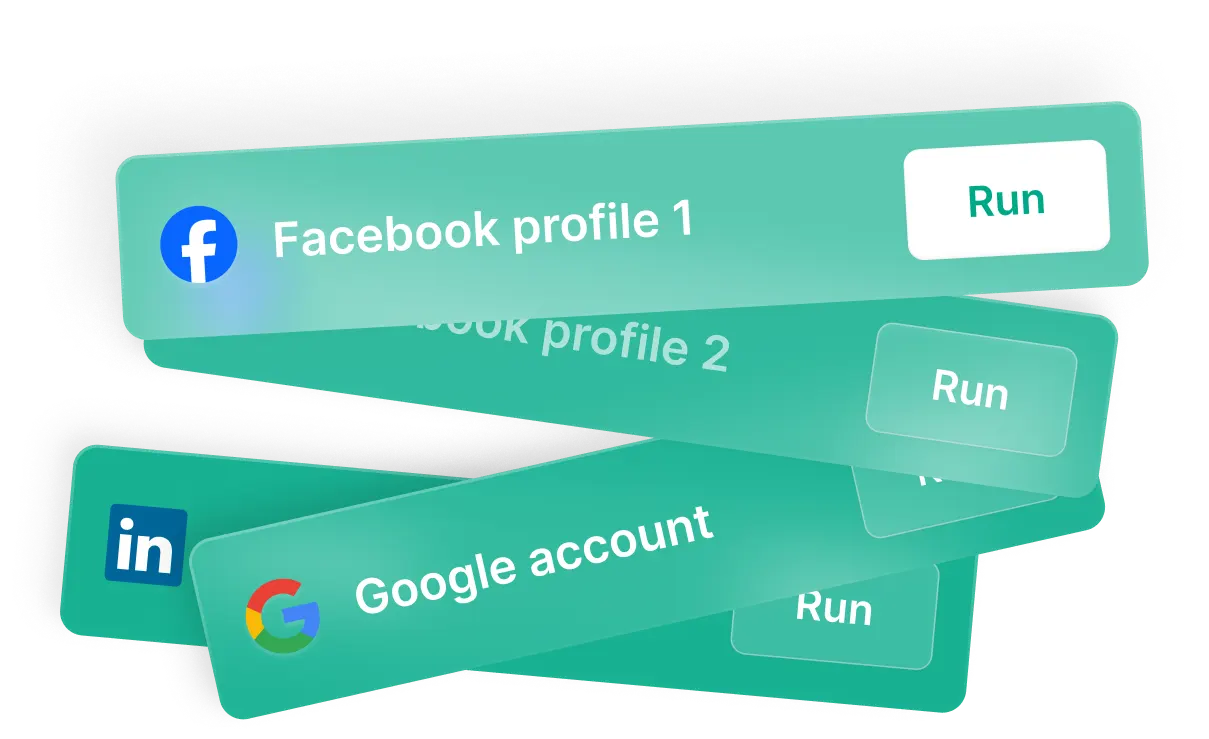Customer Relationship Management (CRM) is a strategy for managing an organization’s relationships and interactions with current and potential customers. It involves using technology to organize, automate, and synchronize sales, marketing, customer service, and technical support.
The primary goals of CRM are to:
- retain existing customers
- increase their spending or loyalty
- convert prospects into new customers.
CRM systems store information like summaries of each interaction a customer has with the business, indicators of intent to purchase as well as detailed purchase history. These systems also use analytics to provide real-time insights into cross-sell and upsell opportunities at the individual customer level which helps in personalizing communication & offers leading to improved conversion rates.
Some CRM Types
- Email Marketing Campaigns : A retail company uses its CRM system to segment its email list based on past purchases & sends personalized product recommendations accordingly.
- Sales Pipeline Management : A B2B company uses CRM software for tracking leads , follow-ups , deal status etc., helping streamline sales process & improve closure rates.
- Customer Service : An e-commerce platform utilizes its CRM system for managing all customer queries , complaints , feedback etc., ensuring timely resolution & improving overall satisfaction levels .
- Personalized Marketing : A travel agency leverages data from its CRM system about previous bookings made by clients – destinations visited , budget preferences etc., – for sending tailored holiday package suggestions during peak travel seasons .
- Loyalty Programs : Many businesses use their CRMs for running loyalty programs where they track points earned/spent by members , send reminders about unused rewards or special member-only deals thereby encouraging repeat purchases .
Remember that while these examples illustrate how businesses can leverage CRMs effectively , it’s important that your chosen software aligns well with your specific business needs & integrates seamlessly with other key systems used within your organization.
Some CRM Examples
- Salesforce: A cloud-based CRM offering a variety of features for sales, service, marketing automation, and more.
- Zoho: Known for its strong integration with other Zoho products and Google Apps.
- HubSpot: Offers free tools for smaller businesses with options to upgrade as the business grows.
- Microsoft Dynamics 365: Combines ERP and CRM capabilities into one cloud-based application suite.
- Pipedrive: Popular among small businesses due to its ease-of-use and affordability.
All these offer unique features catering to various business needs like lead generation, customer segmentation, campaign management etc., thus helping in building better customer relationships and driving growth.
